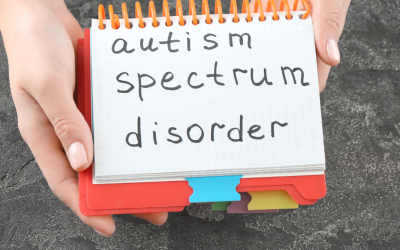Breaking the Silence: Addressing Mental Stress and Rising Suicide Rates Among Women in India
Introduction: The Silent Epidemic
Mental health remains one of the most overlooked aspects of healthcare in India, especially for women. Amid societal expectations, cultural constraints, and deeply entrenched gender biases, women often bear the brunt of mental stress. This silent suffering has tragically led to a growing number of suicides among Indian women, highlighting a crisis that demands urgent attention.
According to the National Crime Records Bureau (NCRB), a significant percentage of suicides in India are committed by women, with housewives forming the largest demographic. These alarming statistics underscore the need for a comprehensive approach to address the root causes of mental stress in women.
Understanding the Causes of Mental Stress in Indian Women
- Societal Pressures:
Indian women often face immense societal pressure to fulfill traditional roles as caregivers, wives, and mothers while simultaneously excelling in their careers. This dual burden creates chronic stress.
- Gender Discrimination:
Discrimination in workplaces, limited opportunities for growth, and unequal pay add to women’s stress levels, leaving them feeling undervalued and demoralized.
- Economic Dependence:
Financial dependence on spouses or family members can strip women of their autonomy, fostering feelings of helplessness.
- Lack of Support Systems:
Many women lack emotional or psychological support within their families, making it difficult to cope with life’s challenges.
- Stigma Around Mental Health:
Seeking help for mental health issues is often stigmatized, discouraging women from addressing their struggles. The fear of being labeled as “weak” or “unstable” forces many to suffer in silence.
The Cultural and Traditional Impact on Mental Health
Indian culture places a high value on familial harmony and self-sacrifice, often at the cost of individual well-being. Women are expected to prioritize family needs above their own, which can lead to burnout, depression, and feelings of inadequacy. Additionally, traditional norms discourage open conversations about mental health, perpetuating cycles of stress and despair.
Recognizing the Warning Signs of Mental Stress
Mental stress often manifests in subtle ways before escalating into severe conditions. Common signs include:
- Persistent sadness or irritability.
- Withdrawal from social interactions.
- Fatigue and lack of motivation.
- Sudden changes in appetite or sleep patterns.
- Expressing feelings of hopelessness or worthlessness.
Recognizing these signs early can prevent the situation from worsening.
Breaking the Stigma: Why Mental Health Conversations Matter
Open conversations about mental health are crucial in combating stigma. Encouraging women to share their feelings without fear of judgment is the first step toward healing. Mental health awareness campaigns, workplace wellness programs, and community support groups can play a pivotal role in normalizing mental health discussions.
The Role of Government and NGOs
Several organizations are working to address women’s mental health in India. Initiatives like mental health helplines, subsidized therapy sessions, and awareness programs have made a difference. However, more needs to be done. Increased funding for mental health services and policies focused on women’s well-being can pave the way for meaningful change.
Steps Toward Prevention
- Encourage Open Communication:
Families must foster an environment where women feel comfortable sharing their struggles.
- Build Support Networks:
Creating support groups for women can provide a safe space to discuss challenges and seek advice.
- Promote Counseling and Therapy:
Normalizing professional help can equip women with the tools they need to manage stress effectively.
- Educate and Empower:
Awareness programs about mental health, self-care, and stress management should be accessible to all women, especially in rural areas.
- Workplace Initiatives:
Employers can implement mental health programs, flexible work hours, and stress management workshops to support female employees.
Conclusion: A Collective Responsibility
At Healers Psychiatry Centre, we are committed to supporting women through their mental health journey. Let’s work together to break the silence and build a healthier, happier future for all.
















